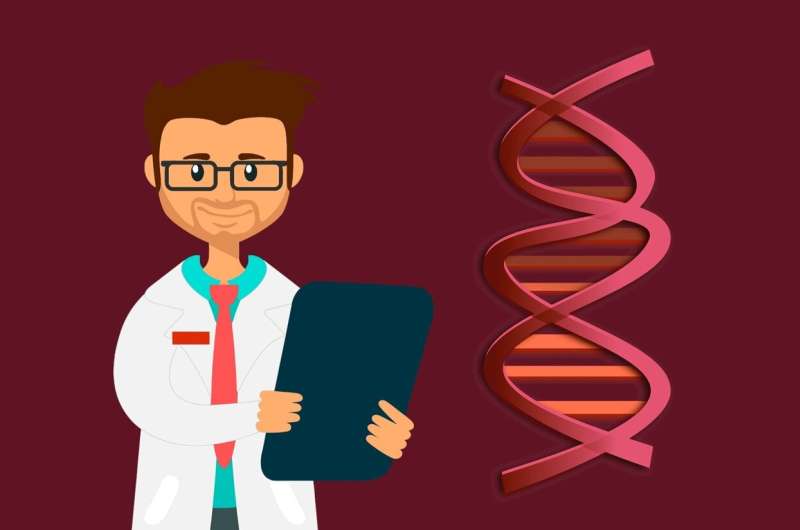Credit: Pixabay/CC0 Public Domain
A team of researchers affiliated with multiple institutions in Boston has found that disrupting and restoring the expression of a gene associated with autism spectrum disorder (ASD) in mice can alter their degree of sociability. In their paper published in the journal Nature Neuroscience, the group describes experiments they conducted with sociability in mice and why they believe their findings could have an impact on the treatment of sociability issues in autistic people.
One of the common traits seen in people with ASD is difficulty in distinguishing between self and others—a trait that interferes with social skills. Prior research has suggested that some autism-linked genes are behind such traits, which further suggests the potential for therapies to help such patients with socialization. In this new effort, the researchers looked at a gene called SHANK3, one of the genes involved in social disruption in some autistic people. To learn more about its impact, the researchers genetically engineered test mice to activate the gene using the drug tamoxifen.
The researchers first placed sensors on both engineered and non-engineered mice to monitor neuronal activity, then placed pairs of them in cages under different conditions to test their sociability in different ways. One method, for example, involved allowing just one of the pair to gain access to food.
In looking at both behavior and neuronal responses in engineered mice, the researchers found 38% of the cells in the prefrontal cortex encoding during experiences involving just the mouse alone compared to 9% encoding during experiences that involved other mice. They also noted that the engineered mice were far less social than their non-engineered cage mates. The researchers also found that activating the SHANK3 gene with tamoxifen increased sociability in the engineered mice and also led to changes in the proportion of neurons involved during various experiences—they more closely resembled those of non-engineered mice. They also found that activating the SHANK3 gene in just the prefrontal cortex rather than throughout the brain yielded the same results. The findings could be used to investigate therapies for ASD patients to help them improve their social skills.
More information: Daniel K. Lee et al, Reduced sociability and social agency encoding in adult Shank3-mutant mice are restored through gene re-expression in real time, Nature Neuroscience (2021). DOI: 10.1038/s41593-021-00888-4
Journal information: Nature Neuroscience
© 2021 Science X Network
























